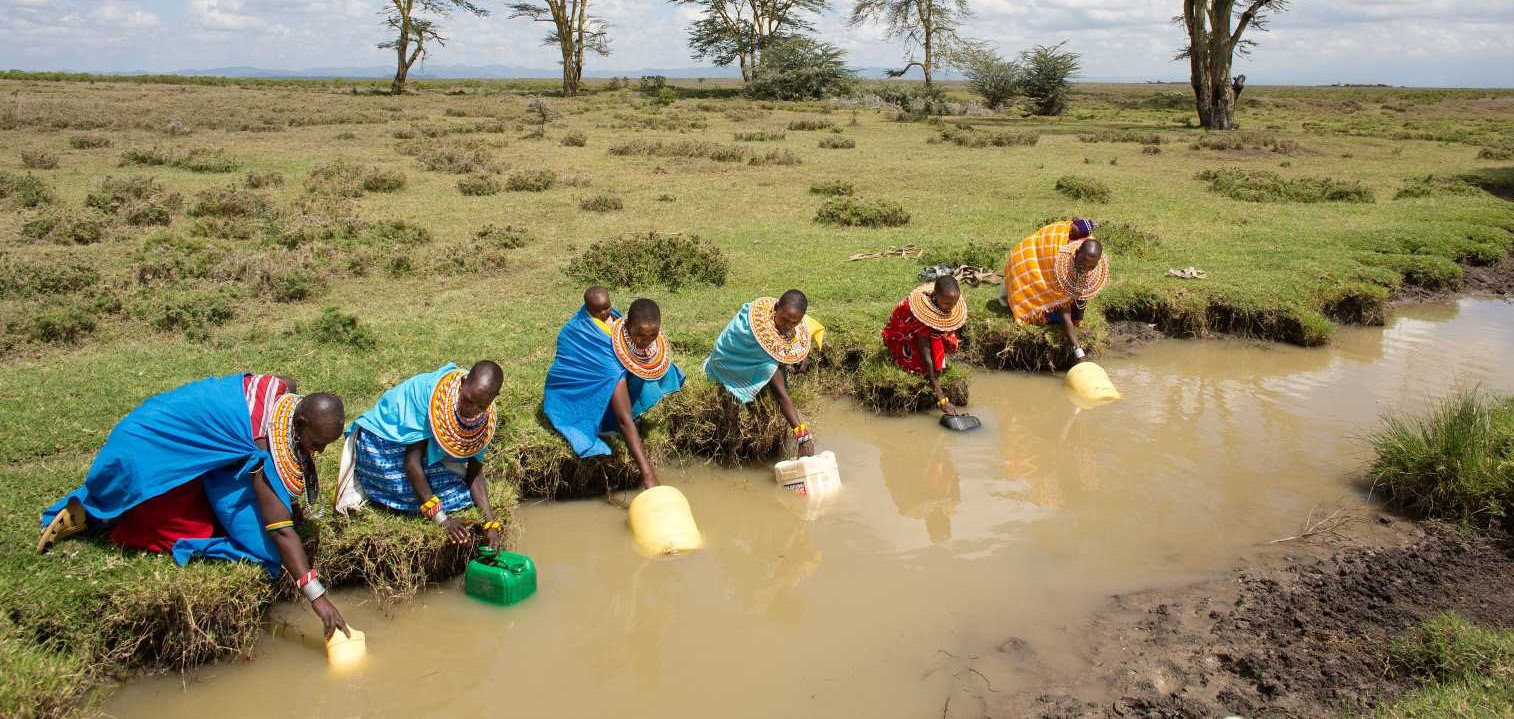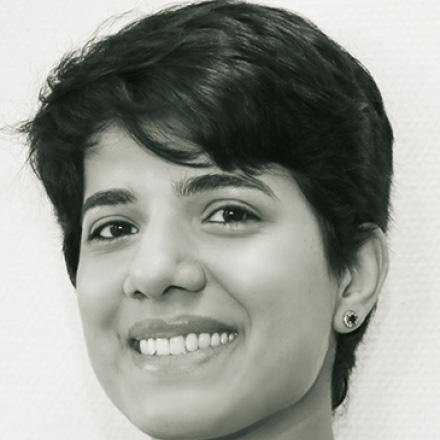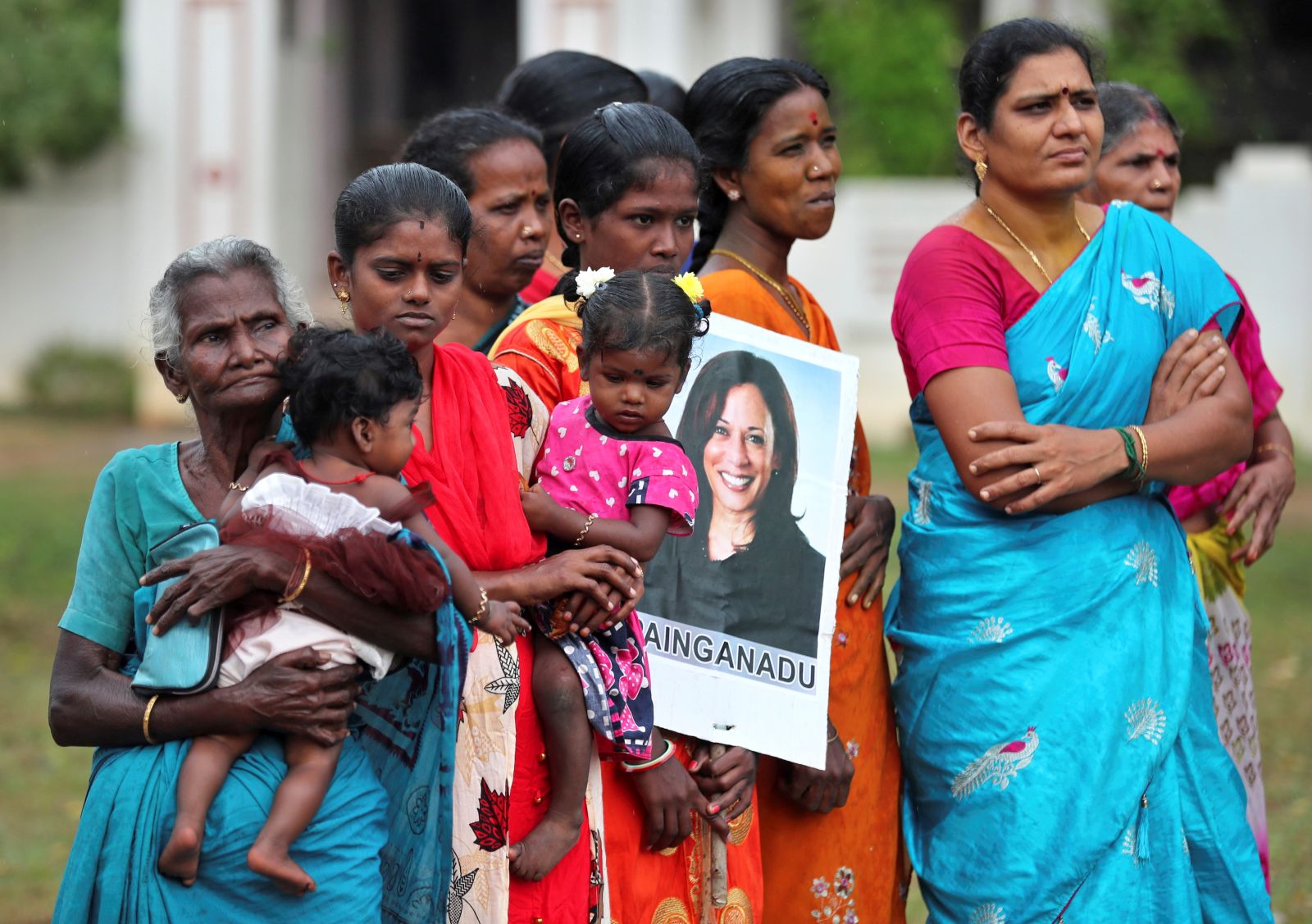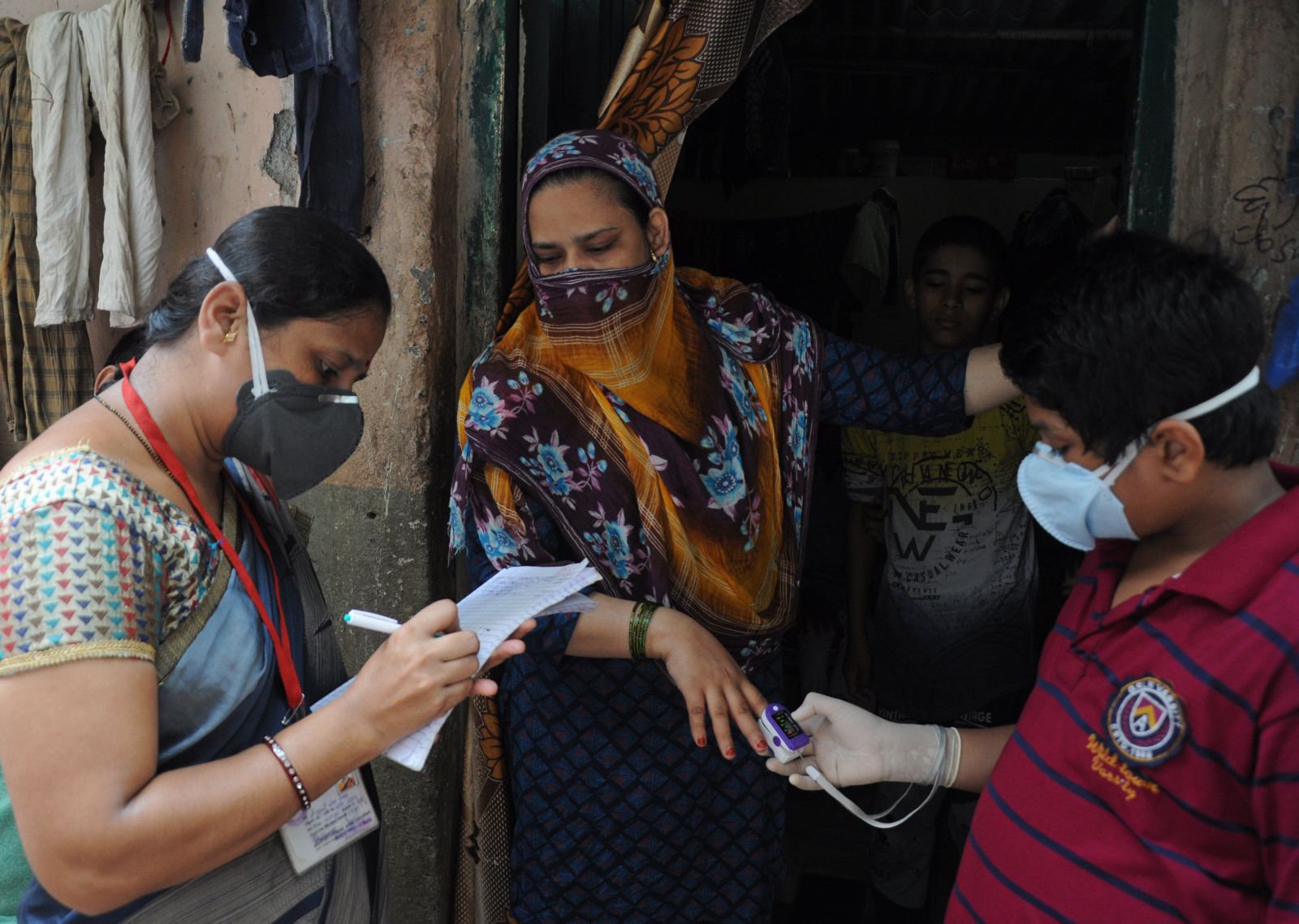Urban lives
My family succeeded in leaving dismal informal housing
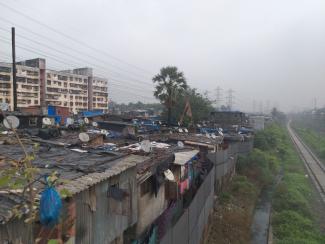
I was six when my father moved us to Mumbai. I had three siblings, so our family of six lived in a single room. It was actually quite small. My father was our family’s only earning man. My mother was semi-illiterate, as most Indian mothers were in the early 1970s.
Early in the morning at 5 AM, my mother would get up to fetch water from half a kilometre away. We had an illegal electricity supply – but only from 7 PM to 6 AM. We used to go for nature’s call in the bushes or on the streets. Two decades later, in the early 1990s, our slum finally got two sets of community toilets. However, there were still only 16 toilets for over 4,000 people. The queues were always long and there were constant disputes. The toilets were dirty, moreover, and we had to bring along our own water.
Our roof was made of tarpaulin sheets. In the summer, we had heat rashes on our skin. When the merciless rain lashed the city, the entire slum was flooded with the water rising to our knees. Depressingly, most slum dwellers still live in such conditions today (see main story). The open gutter in front of our lane was big. Stray dogs, cats and – especially in the rainy season – snakes lived in it.
In 2001, my elder brother started earning money and we shifted to a better apartment. In the span of 40 years, this great city has helped my family to grow and earn money. My siblings and I were able to get good educations and decided what we wanted to become. I chose to be a novelist.
